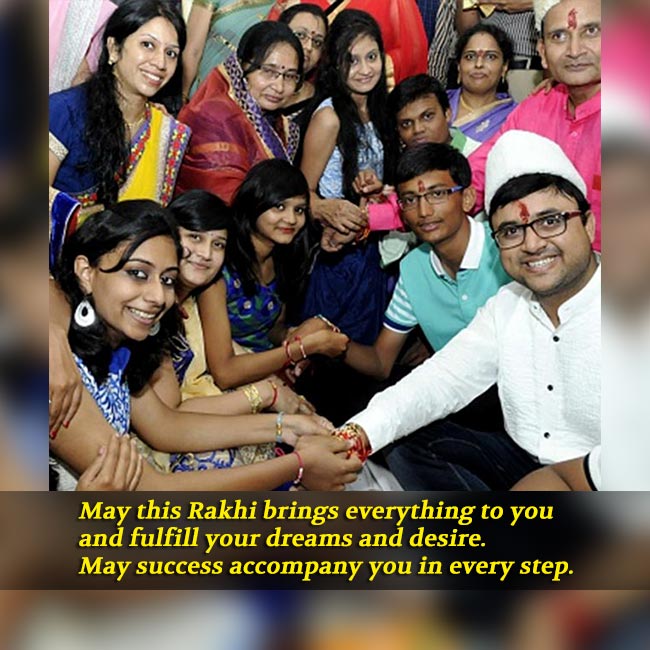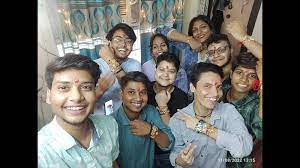LUCKNOWWhile Raksha Bandhan is a beloved festival that celebrates the bond between brothers and sisters for all heterosexual people, it unintentionally caused discomfort for a number of transgender individuals due to the dissonance between their gender identities and societal expectations.
A group of homosexual individuals in the city has orchestrated a remarkable shift in perspective against this backdrop. They have embraced the festival’s core essence while discarding antiquated customs and traditions.
“In our community, regardless of gender, we bind ourselves with rakhis to brothers and sisters. It’s about protection and unity,” said 25-year-old Gautam Ramchandra of Unnao.

Ramchandra, born in Unnao, moved to Delhi in 2020 and is now engaged in social work. “Most Indian festivals, not just Raksha Bandhan, left me struggling with dysphoria. My mother forced me to tie rakhis on my male relations, thereby reinforcing a false image of my identity. He reminisced, “I longed for my sisters to tie me rakhis.
Ramchandra found solace at Aasra, a Tweet Foundation shelter for trans-masculine individuals. Becoming a member and then the co-chair of the organization provided him with a safe space to celebrate without regard to gender norms. “Festivals are more liberating than I thought,” he laughed.
Ritwik Das, a 26-year-old scholar and gender non-conforming trans-female, followed a similar path. Das described the difficulties of Raksha Bandhan during their childhood. “As a ‘brother,’ sisters fastened rakhis to my wrists. “As an adult, I avoided taking time off work on Raksha Bandhan in order to avoid participating in these traditions,” they revealed.
Nevertheless, Das now views the festival through a different lens, recognizing its substance as a celebration of protective bonds that transcend gender. “Young trans men view me as their protector in moments of difficulty. They refer to me affectionately as ‘Didi.’ Even young gay children call me ‘Amma’!”
Das is inundated with sincere messages during the festival. Despite this, they reject the notion that brothers are by nature sisters’ protectors. They emphasized, “Our fixation on gender roles distracts from the genuine essence of relationships, which I am comfortable celebrating.”
ALSO READ : JCO among 9 soldiers killed in Ladakh army truck gorge.
In a society steeped in tradition, these narratives resound with a resounding sentiment: the spirit of Raksha Bandhan thrives in the domain of unconditional relationships. As these individuals lead a reimagined celebration, they illuminate a path toward a future that is more inclusive and empathetic.




